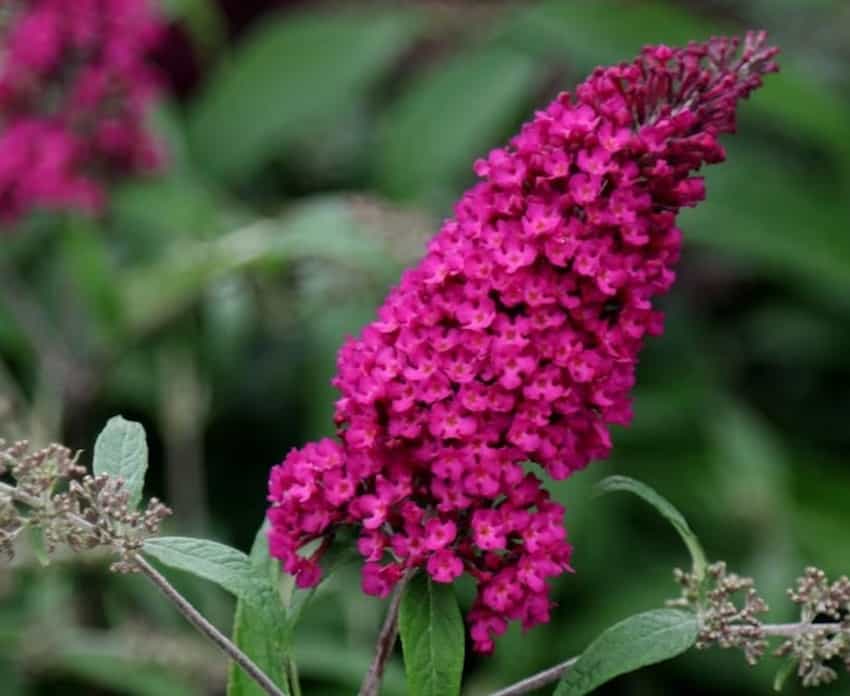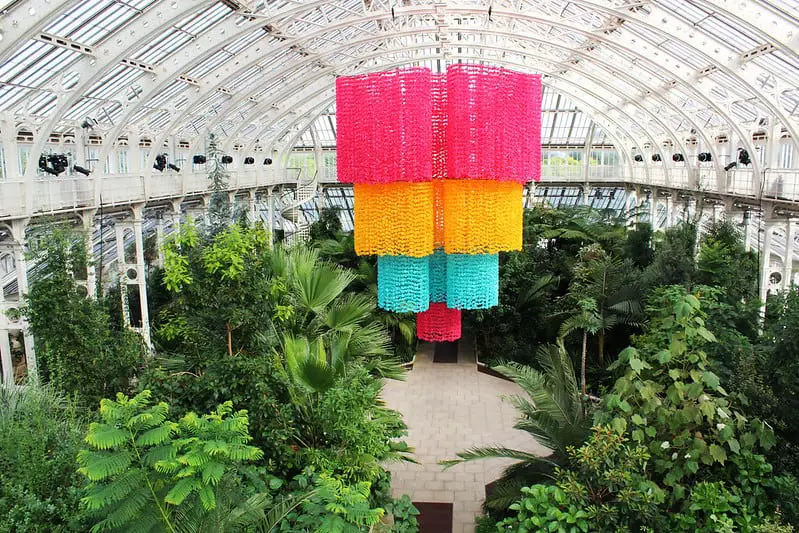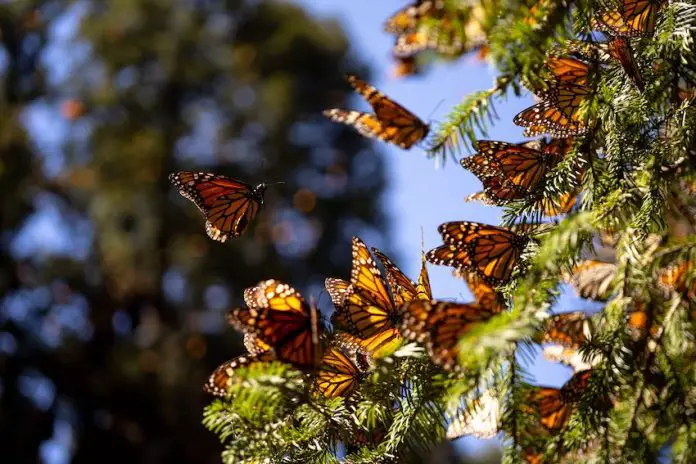The trend of creating gardens in one’s yard to attract pollinators runs the risk of disrupting natural ecosystems, a UNAM scientist is warning.
Biologist Gabriela Castaño Meneses, a professor the National Autonomous University’s Faculty of Sciences in Juriquilla, Querétaro, told El Universal in an interview about the problems associated with planting too many pollen-rich plants or non-native plants.

“There was a problem with the monarch butterfly. [People were] encouraged to plant Asclepias [milkweed] to attract butterflies and keep them here — but they should not stay, as the monarch butterflies come to spend the cold season here and must return,” Castaño said. “By planting these flowers, we will break the process, and there will be no more migration.”
“At the moment, this species is not at risk, but the migration process is. Every migration is more and more affected by climate change, and we need to see what we can do, as we use more insecticide and poison, which removes plants that [the butterflies] would feed upon on their journey,” she warned.
During Covid-19 restrictions, many in Mexico chose to expand their homes and create new areas of concrete in their gardens, such as patios — in the process reducing the green space available for plants to flourish.
“We must consider that the countryside is now the city. Every time we have more altered areas, there is very little left of original vegetation on the planet,” Castaño said. “More and more people live in urban areas. We have to change our idea of these areas, where everything is cement, everything is factories.”

Research from the University of Maryland also suggests that while planting new gardens to support insect life is important, amateur gardeners should be careful to ensure that the plants they introduce to their environment are appropriate for the region in which they live.
University researchers found that so-called Butterfly bushes — fast-growing, pollen-rich flowers that have become popular ways to attract butterflies in the U.S., often cause problems for local plants. They have ended up classified as pests by the U.S. Department of Agriculture.
This research is supported by the work of the Royal Horticultural Society (RHS) in the U.K., which found that native plants often produce the best results in a balanced environment. The RHS did note, however, that planting pollinating flowers was better than doing nothing at all.
“The power of a garden lies in its very smallest inhabitants. Gardeners who look after them will have the greatest positive impact for biodiversity,” said Andrew Salisbury, a RHS principal entomologist, who has championed the investigation into native plant life and insect life.
With reporting by El Universal, the Royal Horticultural Society and the University of Maryland
